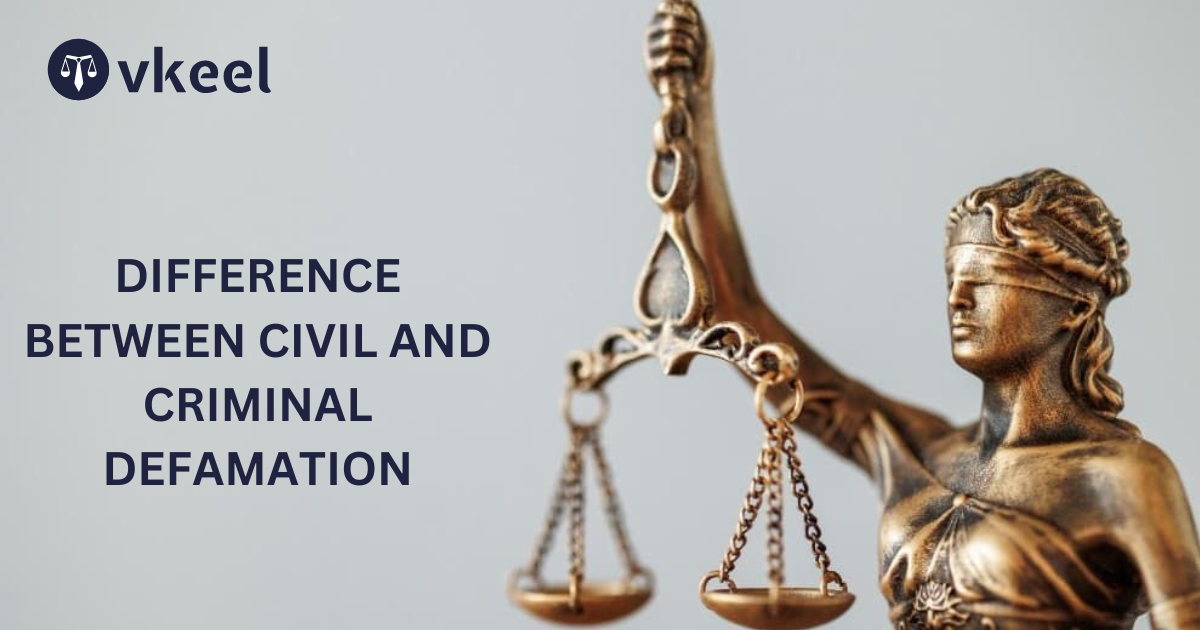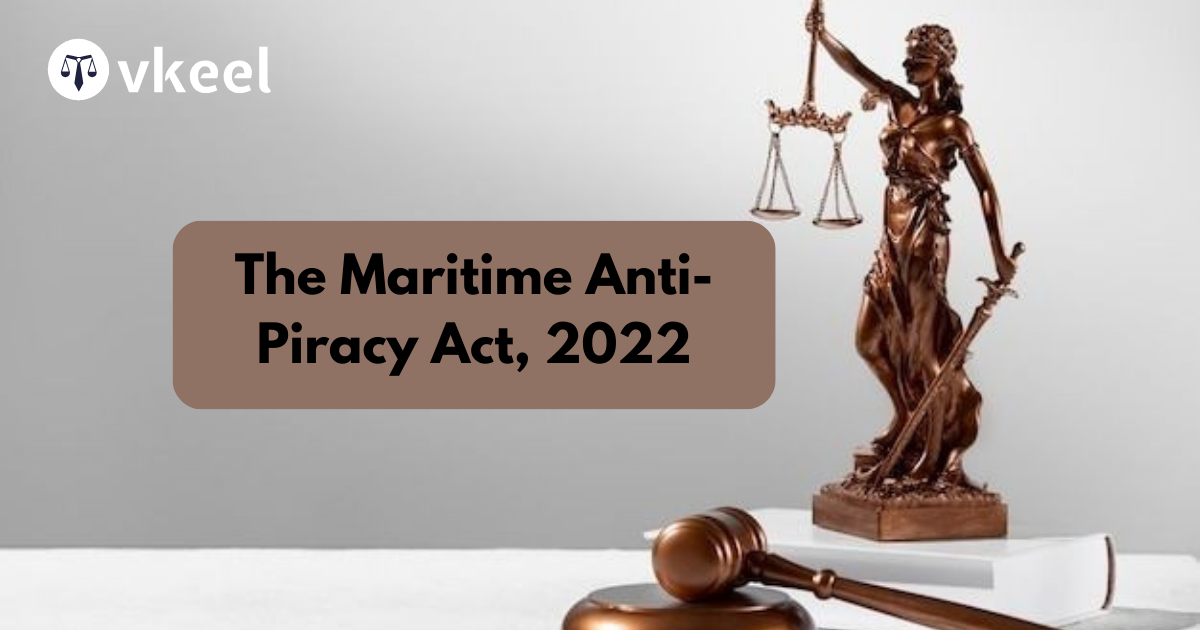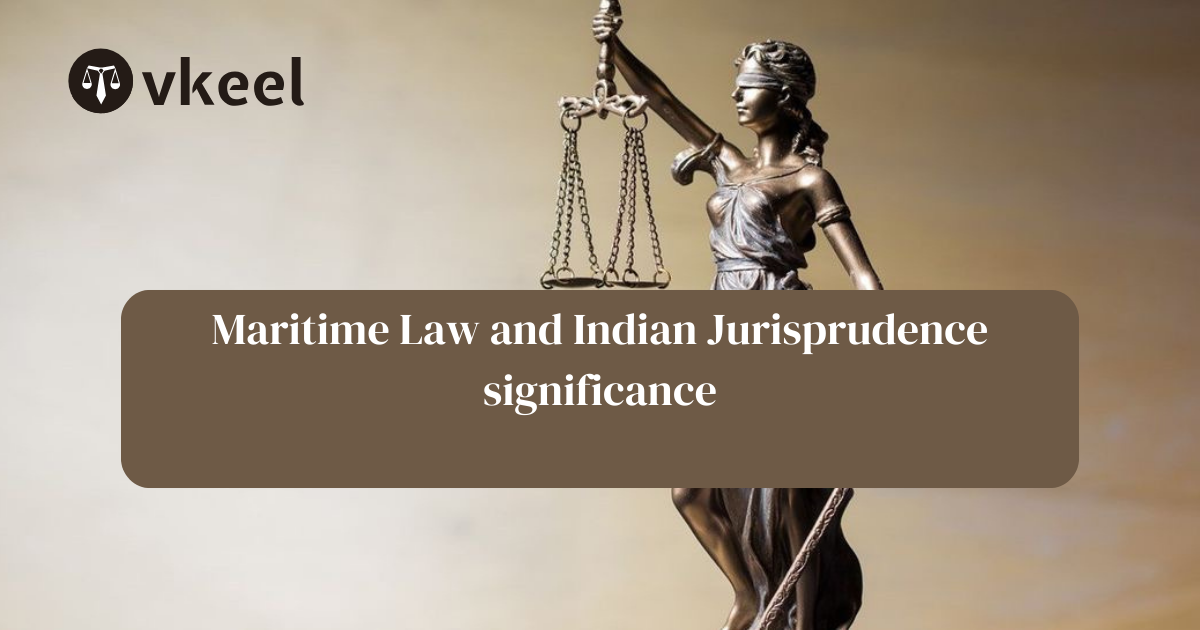Difference between Criminal and Civil Defamation
By Joy Puri
Table of Contents
Introduction
Talking about the ancient civilizations such as ancient Rome and Greece, defamation was often seen as a serious offense against both the individual and the broader community in the society. In these societies, reputation held significant value due to its impact, and damaging someone’s reputation could have severe consequences, both socially and legally.
Laws existed to punish individuals who used to spread false rumours or made defamatory statements against the innocents, reflecting the importance placed on maintaining honour and integrity within the community and the society.
Coming on the Middle Ages in Europe, defamation was often dealt through a system of trial by ordeal or trial by combat in the society, where individuals accused of defamation would have to undergo a physical test to prove their innocence, which was quite difficult in nature and reality.
Although, as legal systems evolved, defamation became more formalized within the framework of common law in the society. Early English defamation laws marked their advent, for example, established the basis for modern defamation law by recognizing both libel (written defamation) and slander (spoken defamation) as actionable offenses in the society.
What is defamation?
Defamation refers to a legal term that signifies to the act of making a false statement about someone that harms their reputation and impacts them in a negative way by their actions thereof. In India, defamation is governed by the Indian Penal Code (IPC), specifically Section 499 and Section 500. Section 499 of the IPC reads “Whoever, by words either spoken or intended to be read, or by signs or by visible representations, makes or publishes any imputation concerning any person intending to harm, or knowing or having reason to believe that such imputation will harm, the reputation of such person, is said, except in the cases hereinafter expected, to defame that person.”
John Salmond, a prominent legal scholar, outlined the importance of reputation in society. He stated that defamation laws are key players to protect individuals from unjust attacks on their reputation, which could tarnish their standing in the community and affect their social and economic well-being.
Friedrich Carl von Savigny, a German legal theorist, played a major role in the development of modern legal systems. Savigny highlighted that defamation laws play a crucial role in maintaining social order and protecting individual dignity. He enshrined the need for defamation laws to strike a balance between freedom of speech and the protection of reputation.
Understanding the difference between Criminal and Civil Defamation
Criminal defamation in India is enshrined in Sections 499 and 500 of the Indian Penal Code. With regards to these sections, defamation is a criminal offense punishable by imprisonment, fine, or both. The burden of proof lies with the prosecution, which must prove that the accused intentionally made false statements with the intention of harming someone’s reputation.
Under Indian law, defamation is considered a non-cognizable offense, meaning the police cannot arrest someone without a warrant for this offense. Moreover, the offence is compoundable on the stance of the victim in the pertaining and he/she case can withdraw the case at any stage with the court’s permission.
Civil defamation in India is governed by the law of torts, which allows individuals to seek damages for harm caused to their reputation by false statements made by the accused. Unlike criminal defamation, civil defamation cases are initiated by the aggrieved party, who files a lawsuit seeking compensation for the damage suffered.
In civil defamation cases, the burden of proof is lesser than in criminal cases. The plaintiff has to establish that the defendant made false statements which harmed their reputation, but they do not need to prove malicious intent. Remedies in civil defamation cases typically include monetary damages awarded to compensate the plaintiff for the harm caused in the furtherance thereof.
Conclusion
Education and awareness are pivotal in combating defamation. By encouraging media literacy and critical thinking skills, individuals can better discern between trustworthy information and false claims being made by the malicious people. Teaching digital citizenship and responsible online behaviour can also help prevent people from engaging in defamatory behaviour in the first place thereof.
In furtherance to the aforementioned, promoting a culture of civility and respect in online interactions can move a long way in reducing defamation in the society. Ensuring constructive dialogue and discouraging harassment and bullying can create a more positive online environment where defamation is less likely to occur, thereby building peace in the society.
Disclaimer:
The information provided in the article is for general informational purposes only, and is not intended to constitute legal advice or to be relied upon as a substitute for legal advice. Furthermore, any information contained in the article is not guaranteed to be current, complete or accurate. If you require legal advice or representation, you should contact an attorney or law firm directly. We are not responsible for any damages resulting from any reliance on the content of this website.










